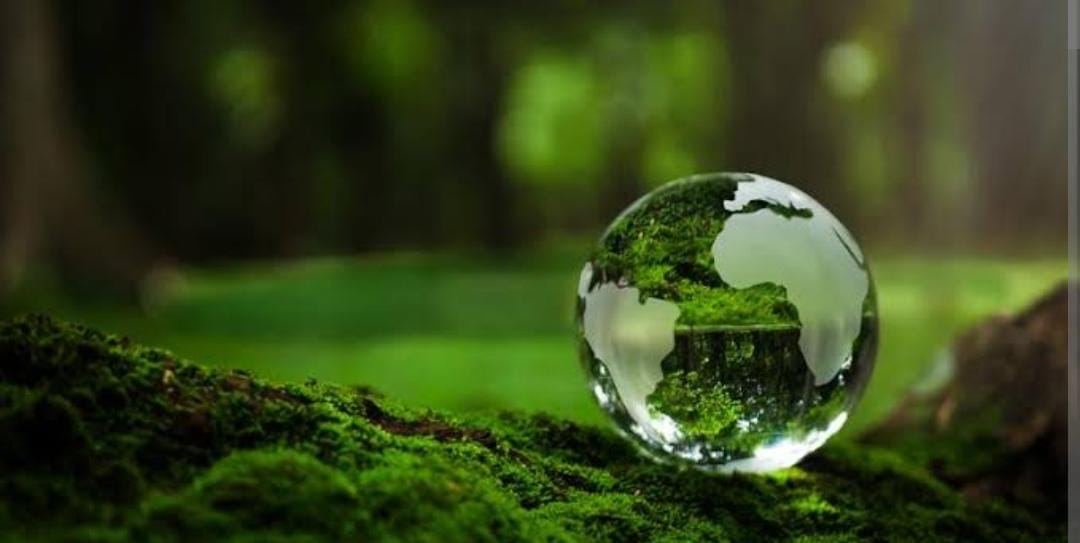Preserving Our Precious Environment: A Call to Action
The environment, the delicate web of life that sustains us, is facing unprecedented challenges due to human activities. The consequences of environmental degradation are becoming increasingly evident, highlighting the urgent need for collective action to preserve and protect our planet. The environment provides us with essential resources for survival, from clean air and water to fertile soil and biodiversity. It is our responsibility to ensure that these resources are conserved for present and future generations.
One of the most pressing environmental concerns is climate change. The burning of fossil fuels, deforestation, and industrial activities have led to the accumulation of greenhouse gases in the atmosphere, resulting in global warming. Rising temperatures, melting ice caps, and extreme weather events are clear indicators of this phenomenon. Climate change not only threatens ecosystems and wildlife but also disrupts human lives and economies. Urgent measures, such as transitioning to renewable energy sources and implementing sustainable practices, are crucial to mitigate its effects.
Biodiversity loss is another critical issue. Human activities, including habitat destruction, pollution, and overexploitation, have driven many species to extinction or the brink of it. Biodiversity is essential for ecosystem stability, as each species plays a unique role in maintaining the balance of nature. Protecting biodiversity requires preserving natural habitats, enacting stricter conservation laws, and promoting sustainable practices that reduce harm to wildlife.
Pollution, in its various forms, poses a severe threat to both human health and the environment. Air pollution, caused by industrial emissions, vehicular exhaust, and burning of waste, leads to respiratory diseases and environmental degradation. Water pollution, primarily from improper waste disposal and industrial runoff, contaminates water bodies and affects aquatic life. Plastic pollution has reached alarming levels, posing risks to marine ecosystems and entering the human food chain. Addressing pollution requires stringent regulations, waste management practices, and a shift towards sustainable alternatives.
Deforestation and land degradation exacerbate environmental challenges. Forests are crucial carbon sinks that help mitigate climate change, provide habitat for countless species, and support indigenous communities. Unsustainable logging, urbanization, and agricultural expansion contribute to deforestation, leading to soil erosion and loss of biodiversity. Reforestation efforts, sustainable land use practices, and conservation initiatives are essential to counteract these negative trends.
As individuals, communities, and nations, we must take responsibility for our impact on the environment. Sustainable living practices, such as reducing waste, conserving energy, and using eco-friendly products, can make a significant difference. Education and awareness campaigns are vital in fostering a culture of environmental consciousness and inspiring meaningful action.
International cooperation is paramount in addressing global environmental challenges. Agreements such as the Paris Agreement on climate change demonstrate the commitment of nations to work together towards a sustainable future. Research and innovation also play a crucial role in developing technologies and solutions that promote environmental conservation and resource efficiency.
In conclusion, the environment is a precious and fragile gift that sustains all life on Earth. The challenges of climate change, biodiversity loss, pollution, and deforestation require immediate attention and concerted effort. Our actions today will determine the world we leave for future generations. By adopting sustainable practices, supporting conservation efforts, and advocating for policy changes, we can work towards safeguarding our environment and ensuring a healthy, vibrant planet for all living beings.

